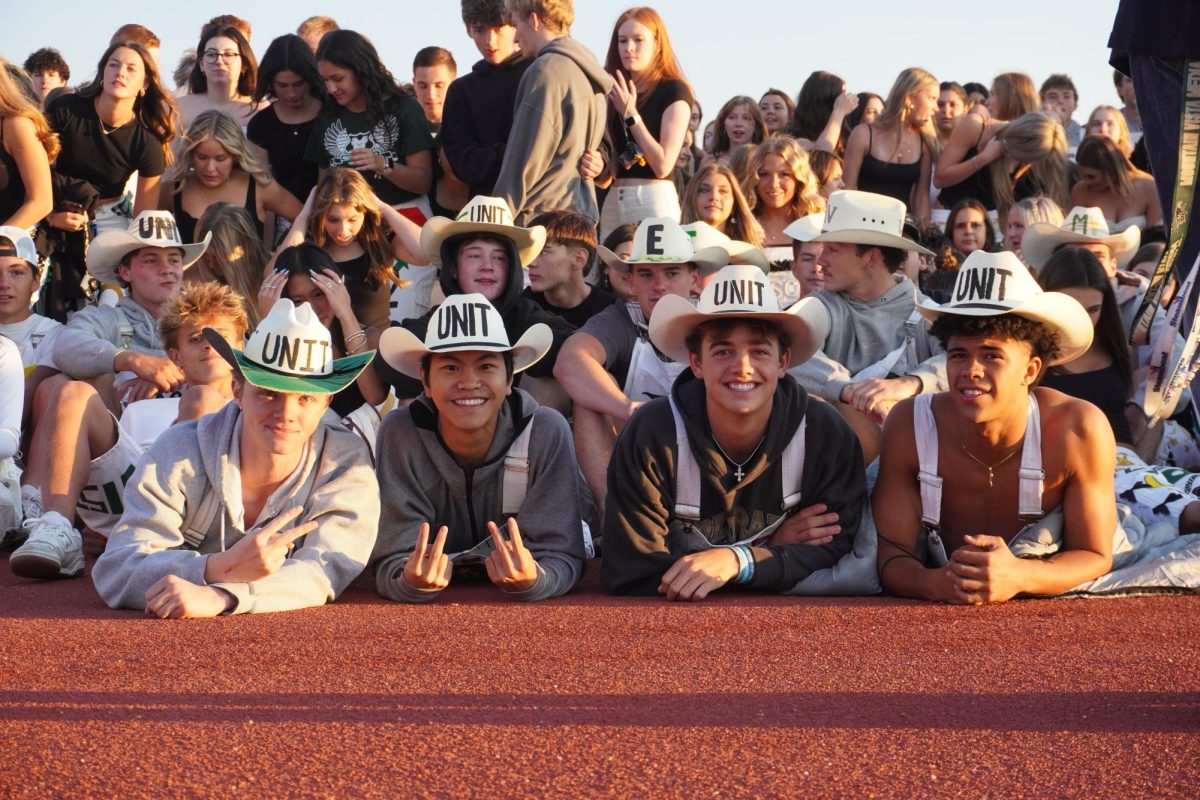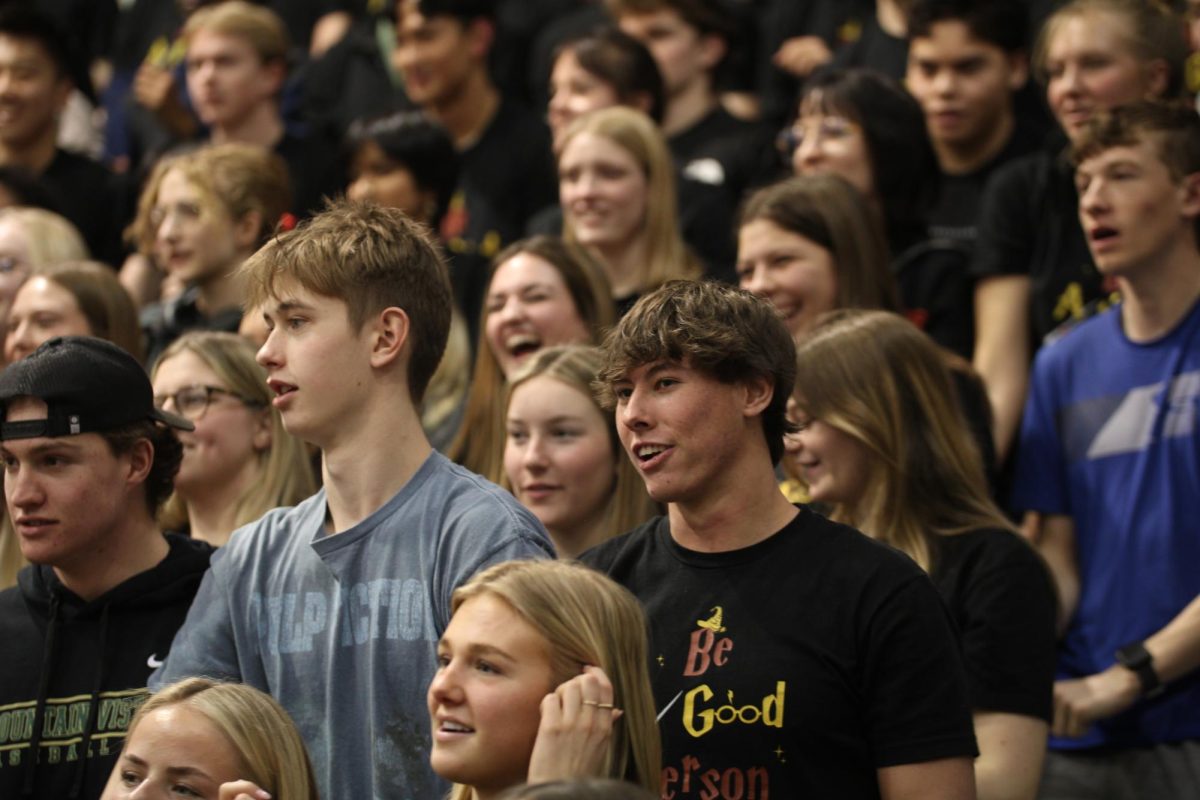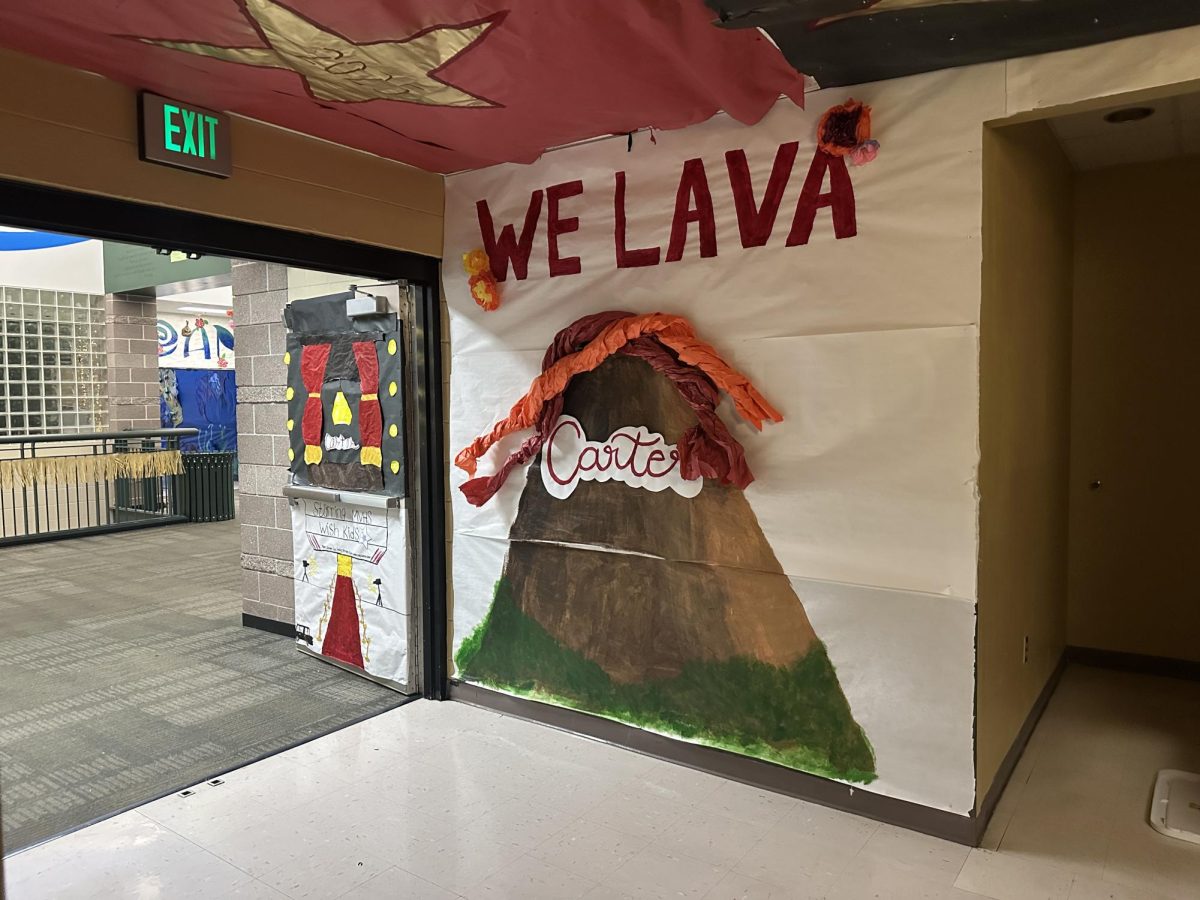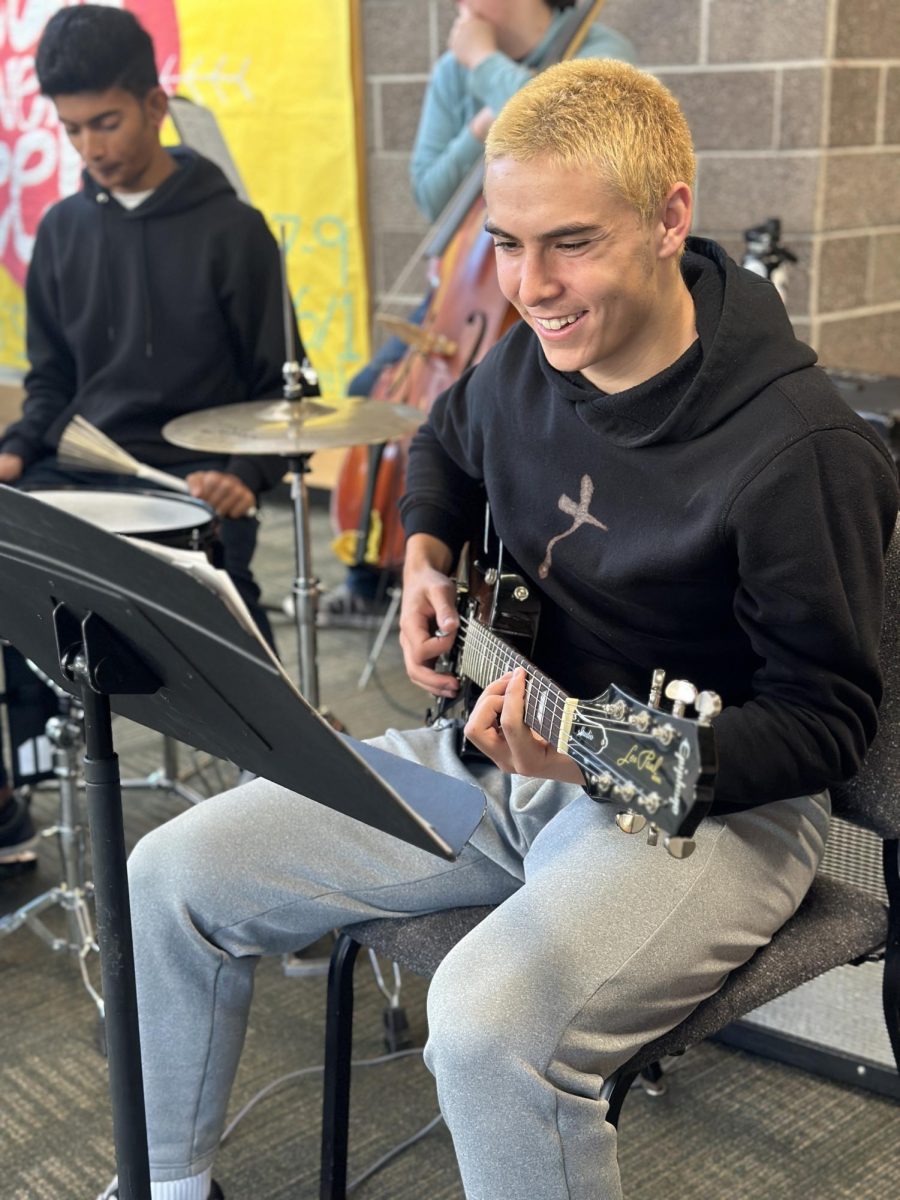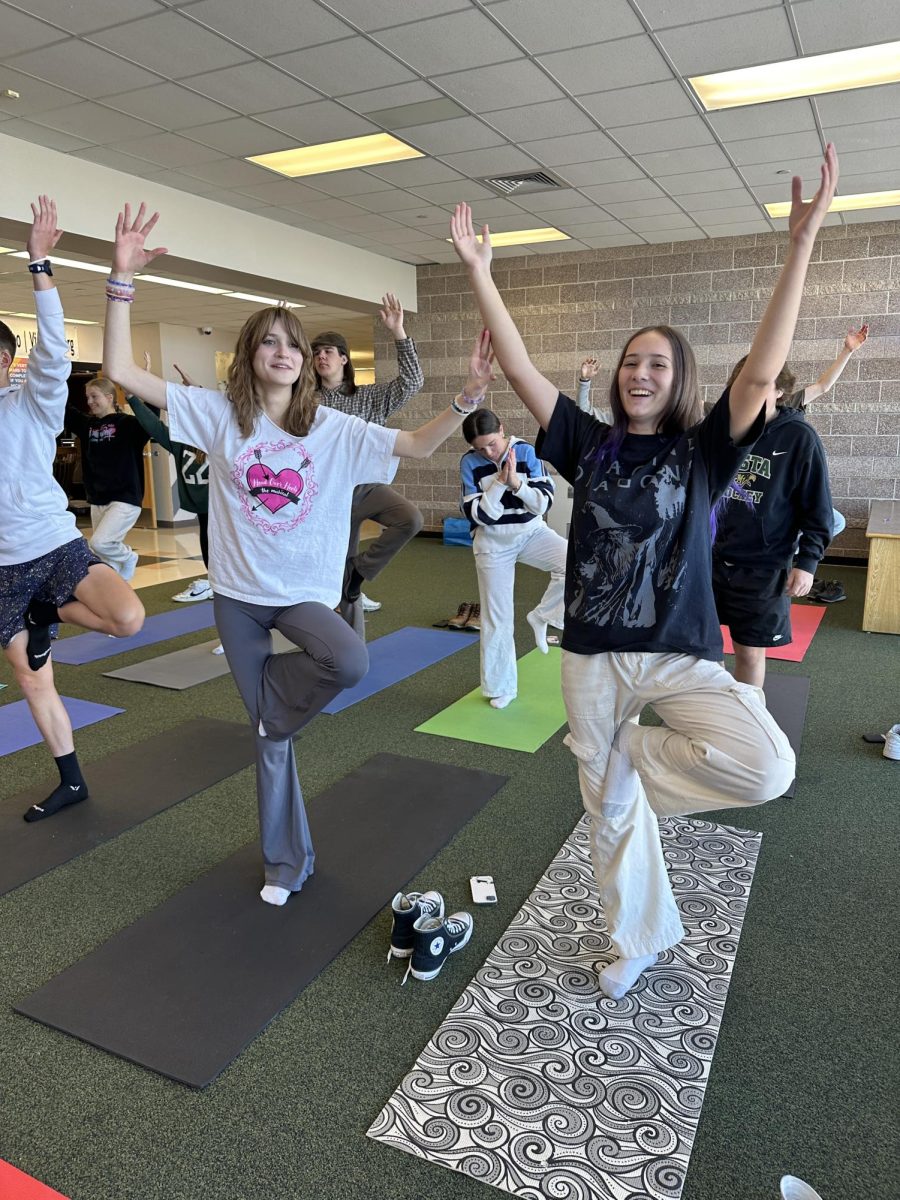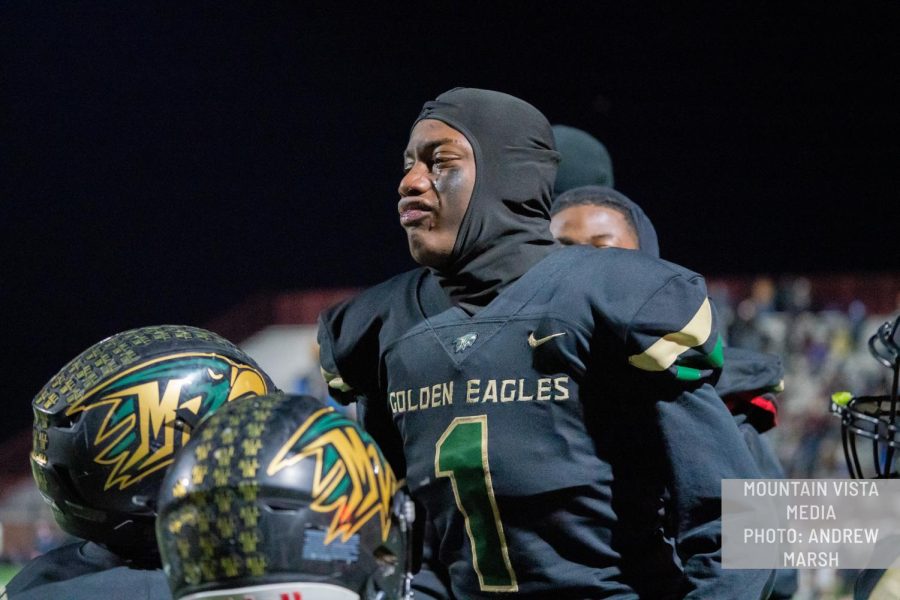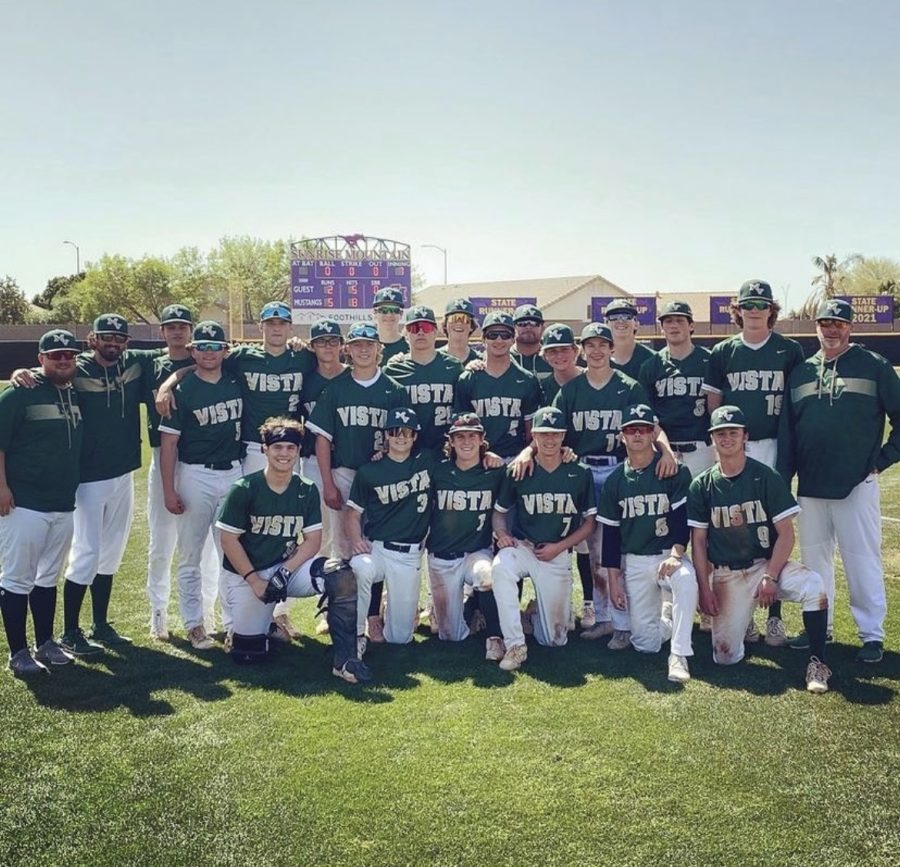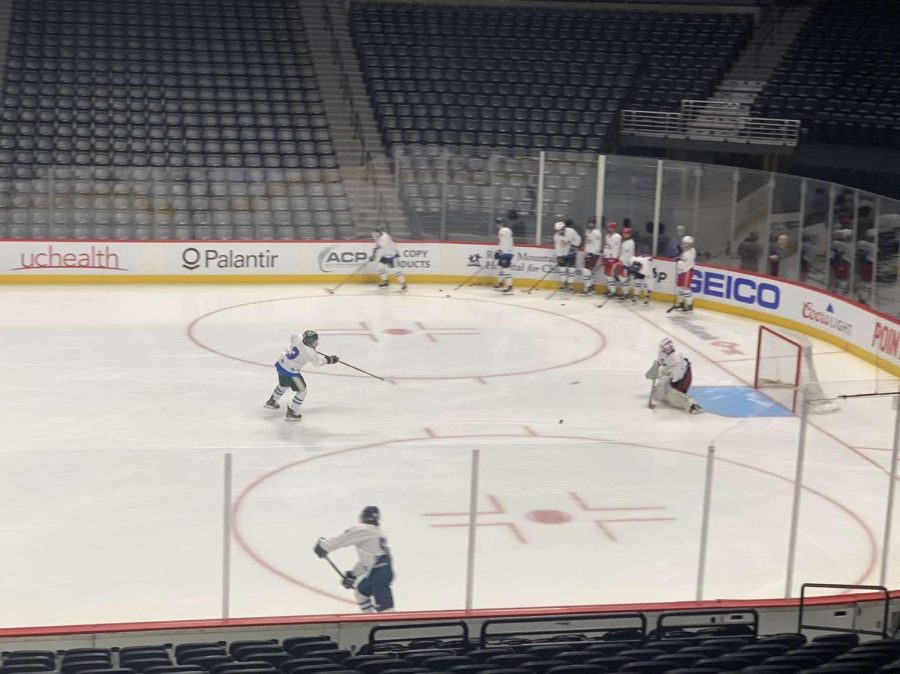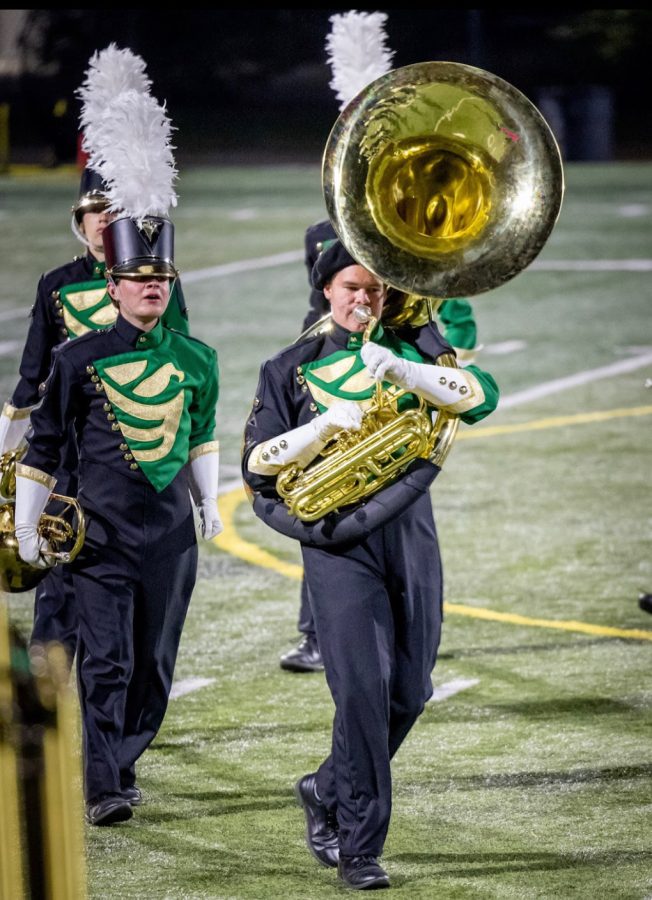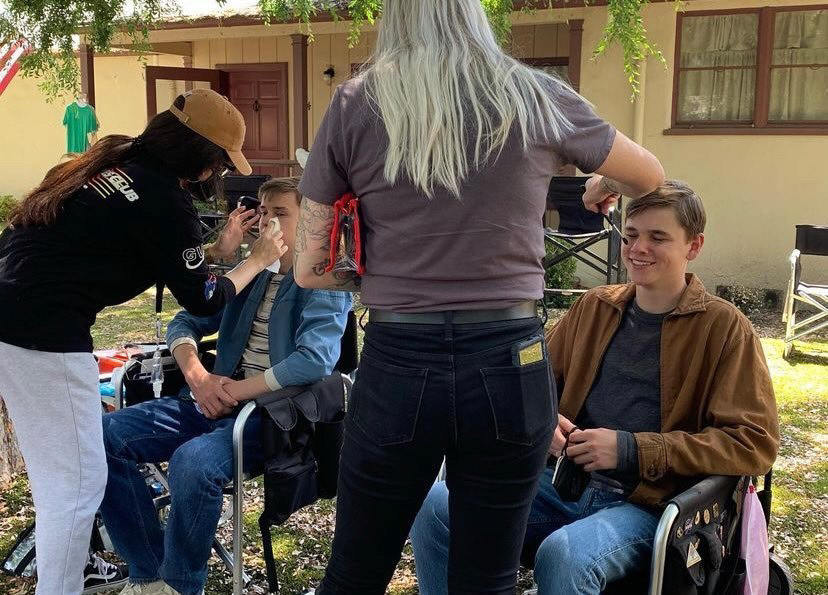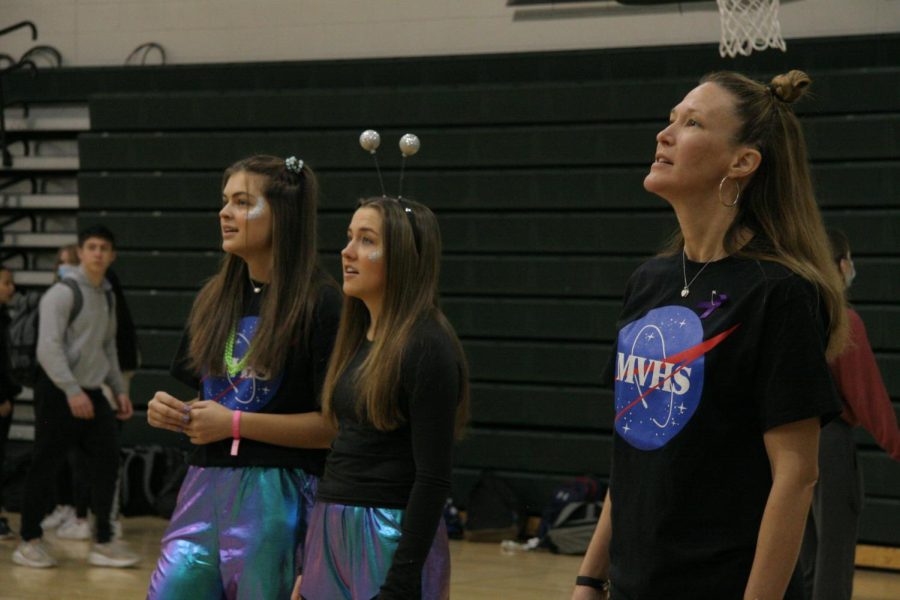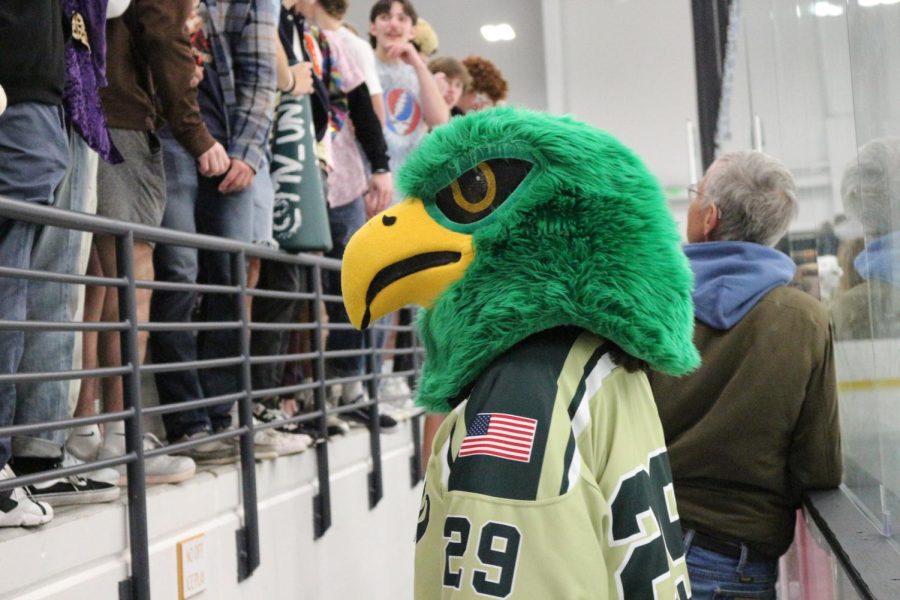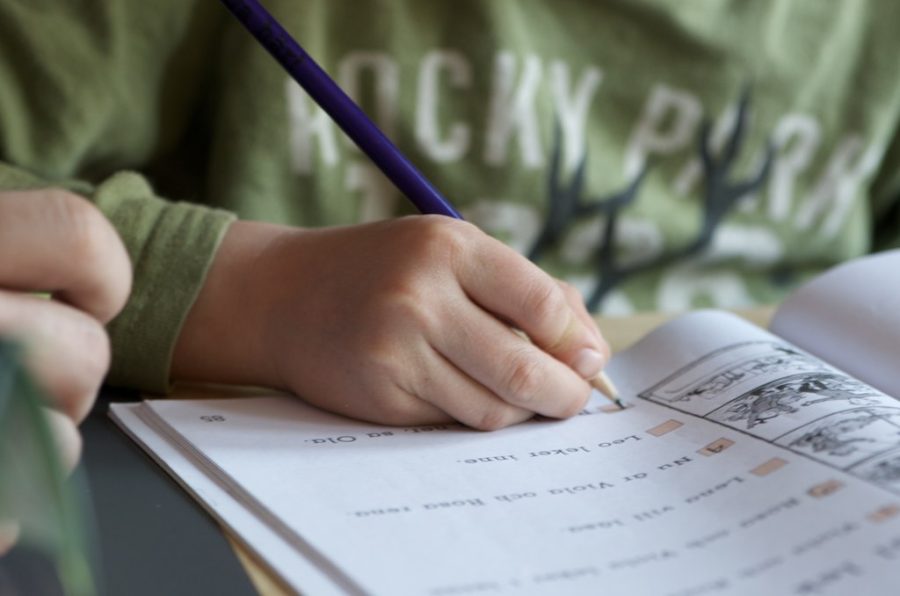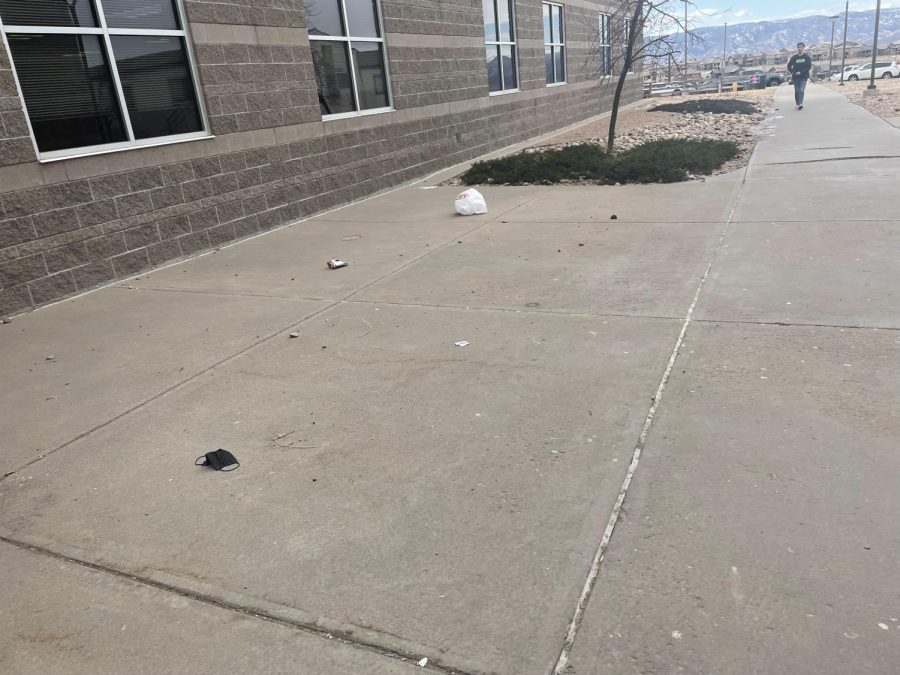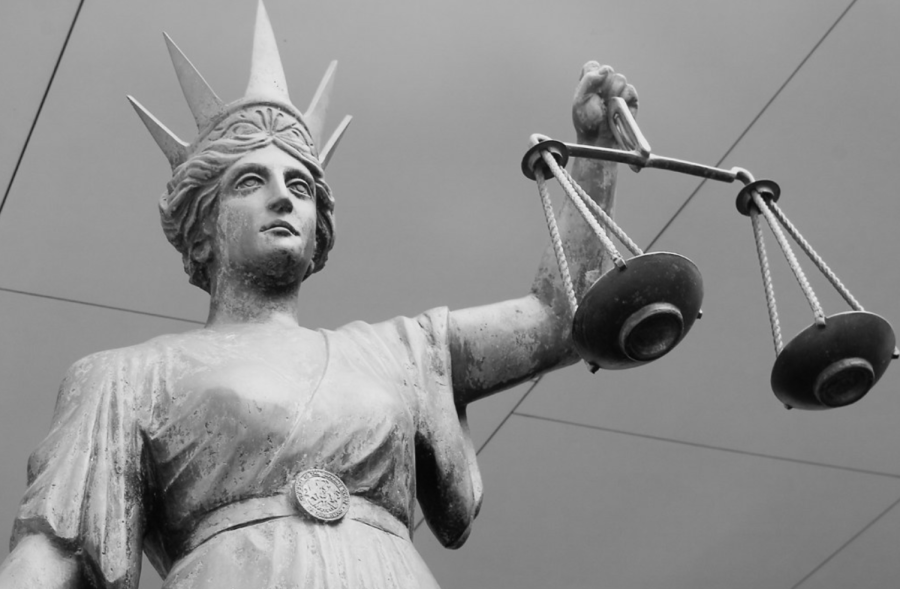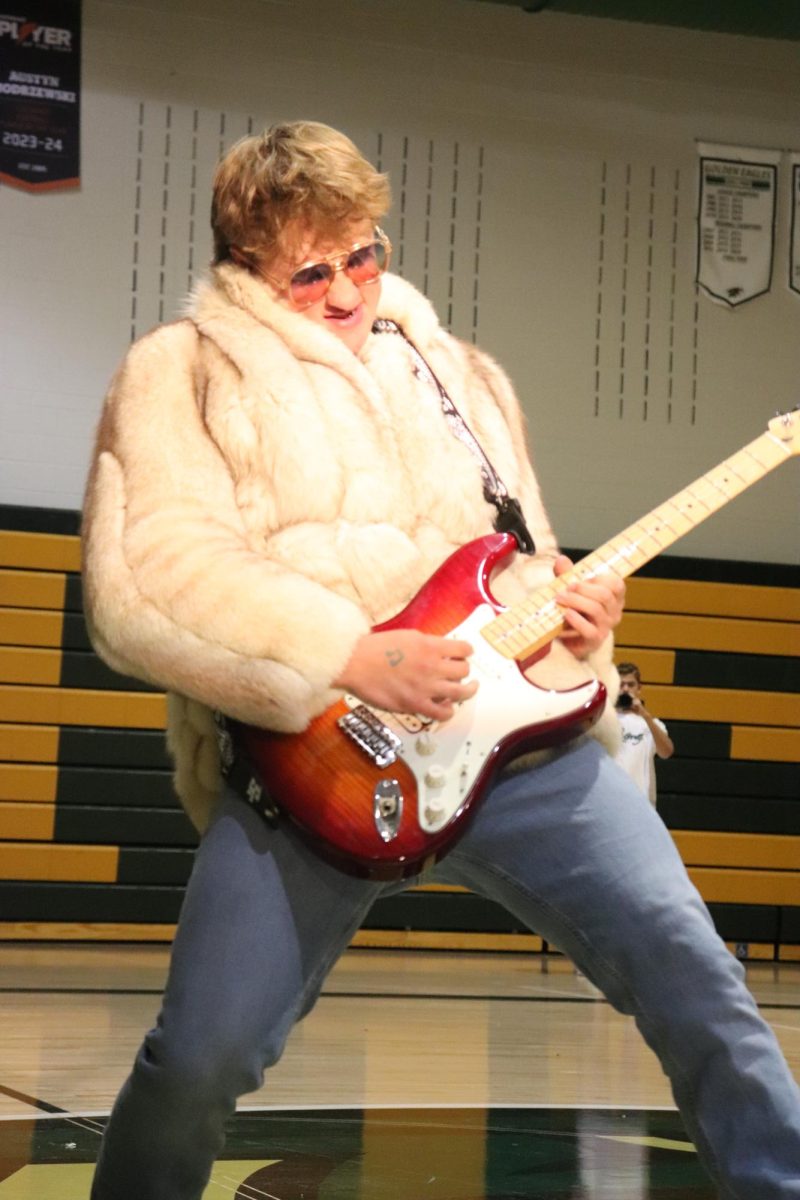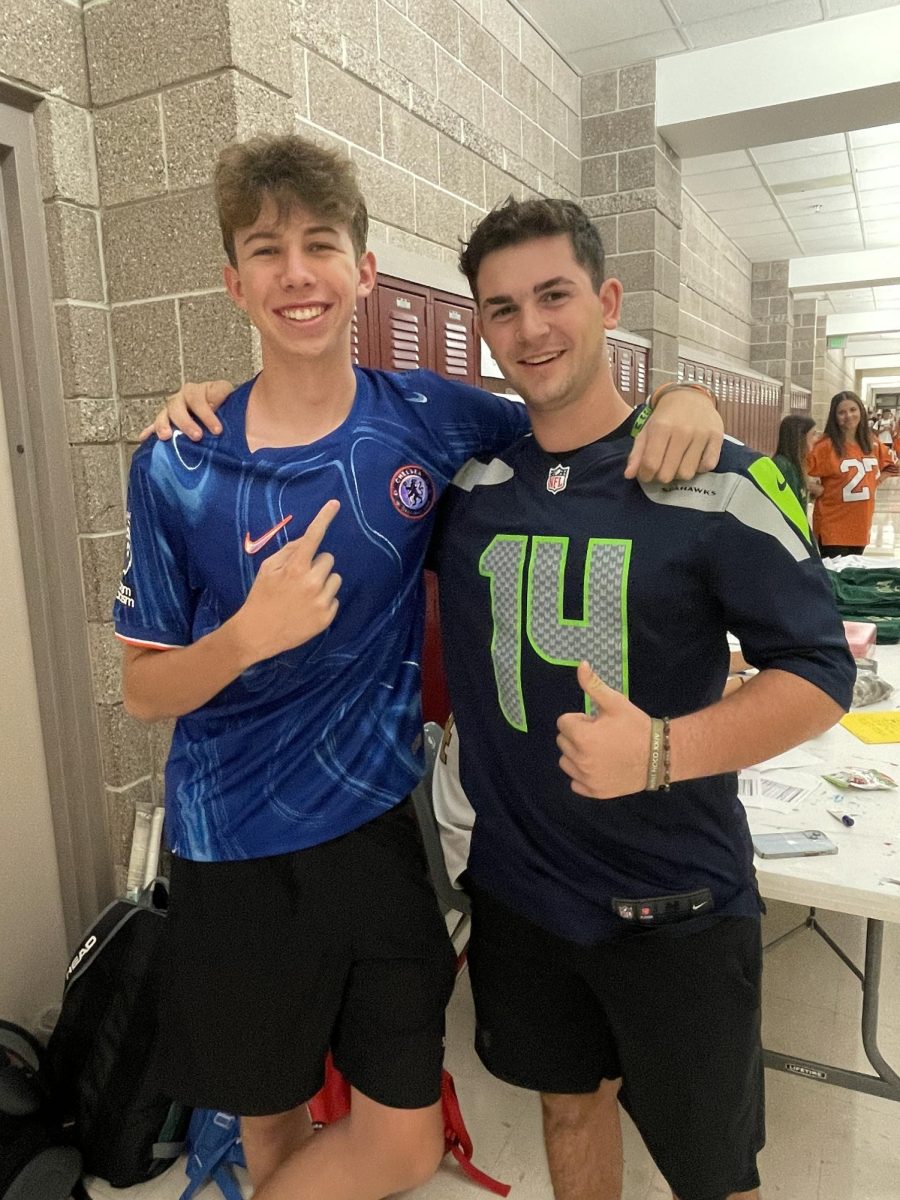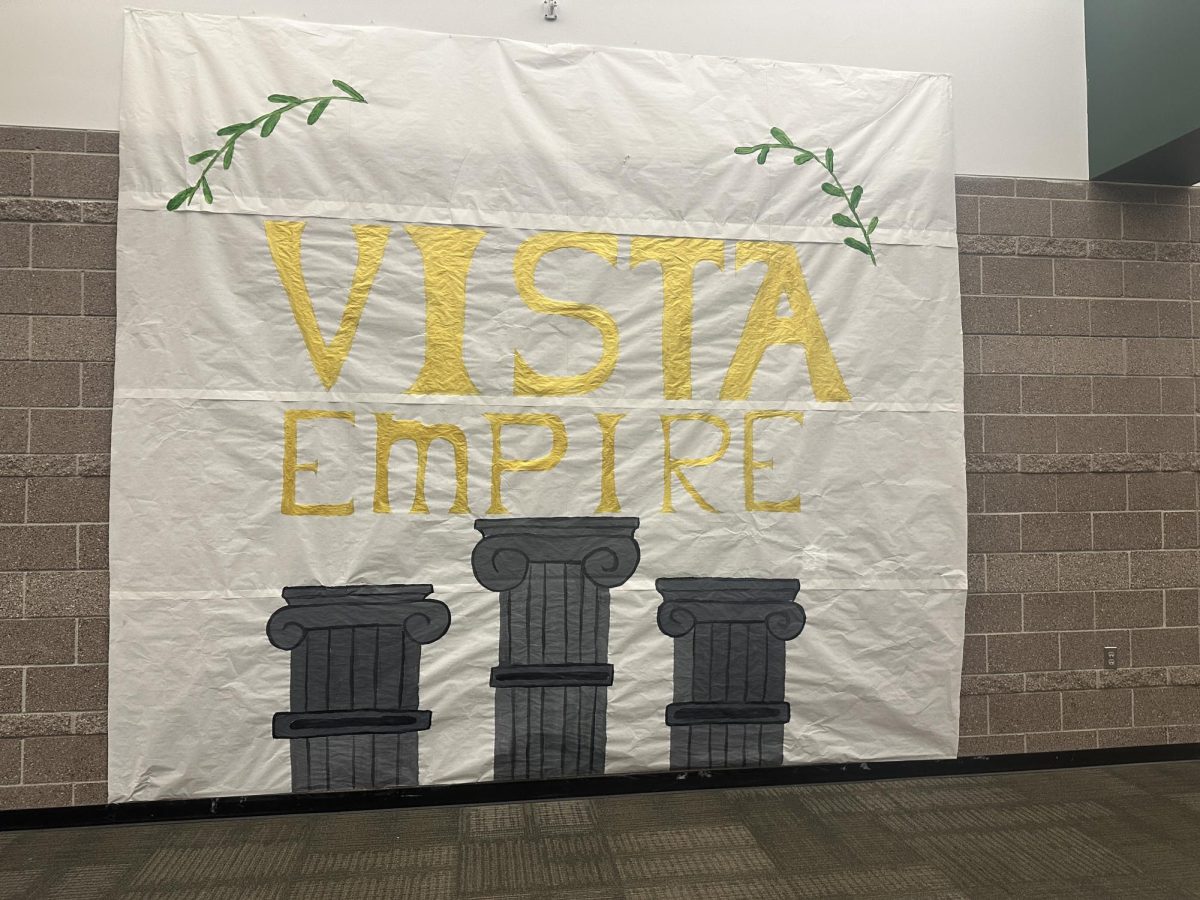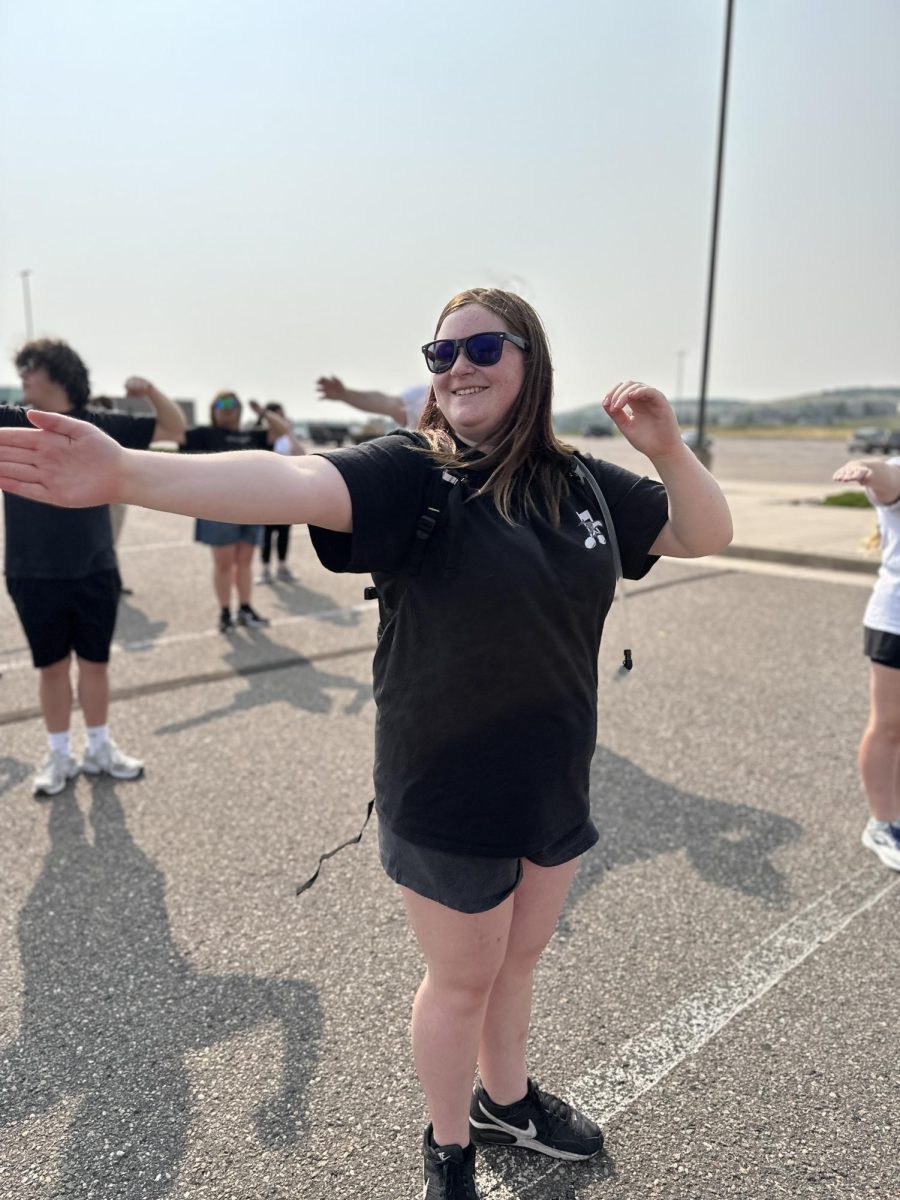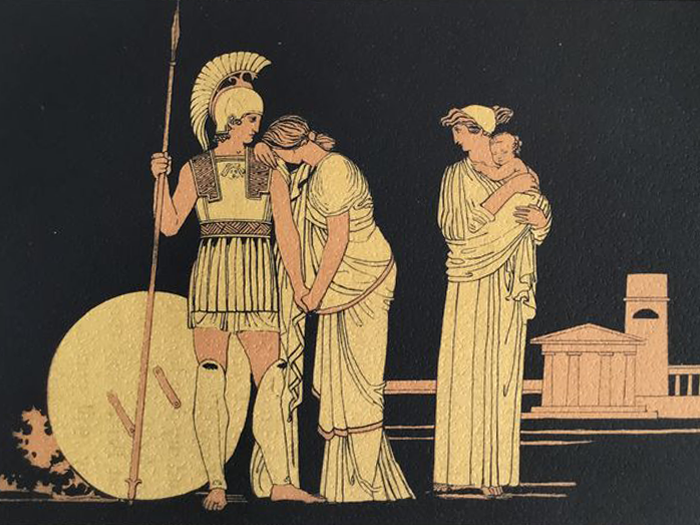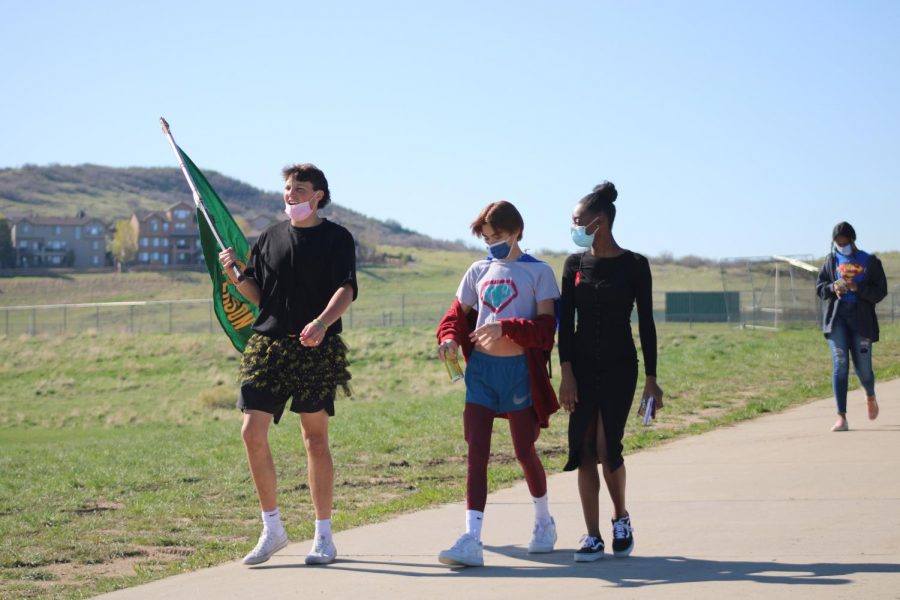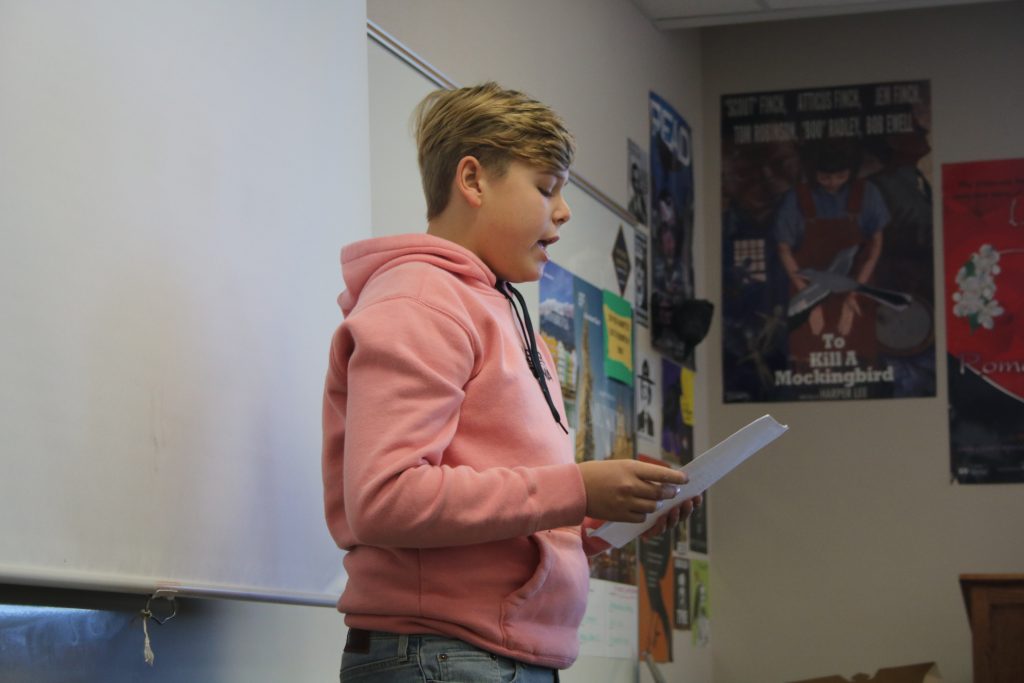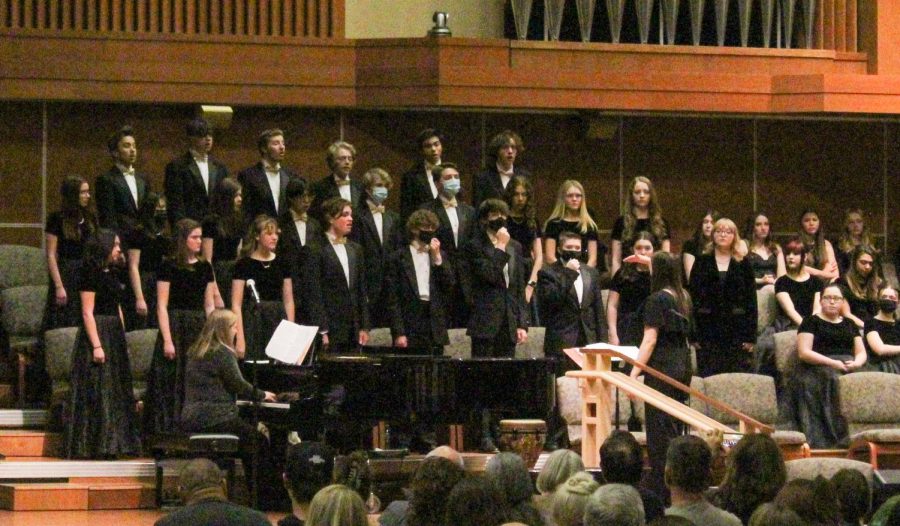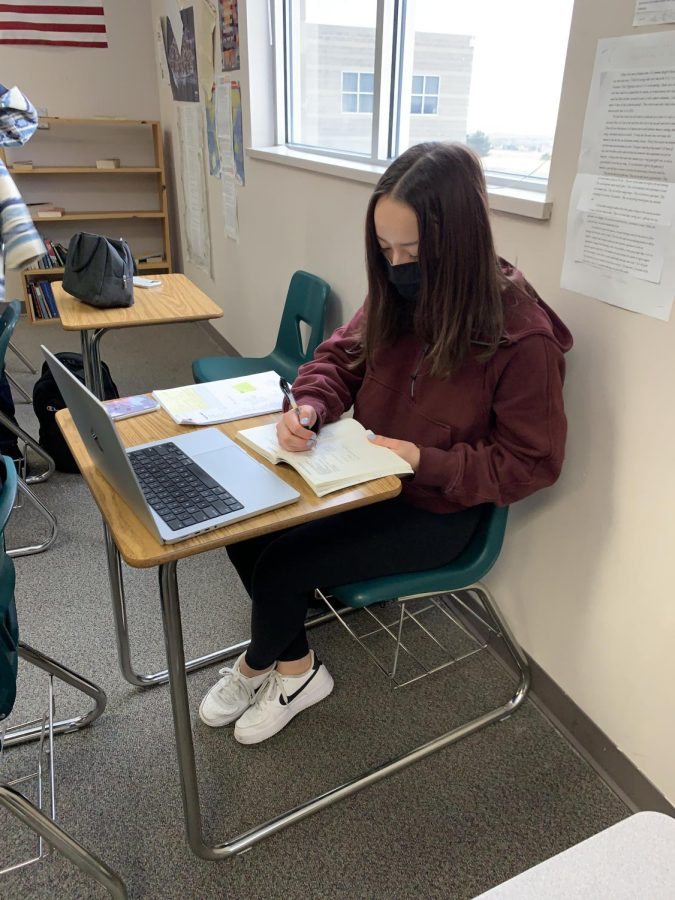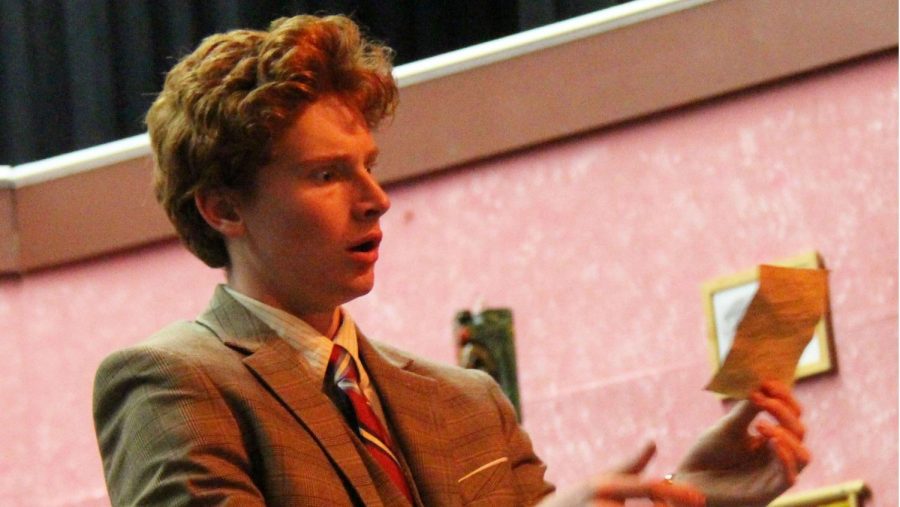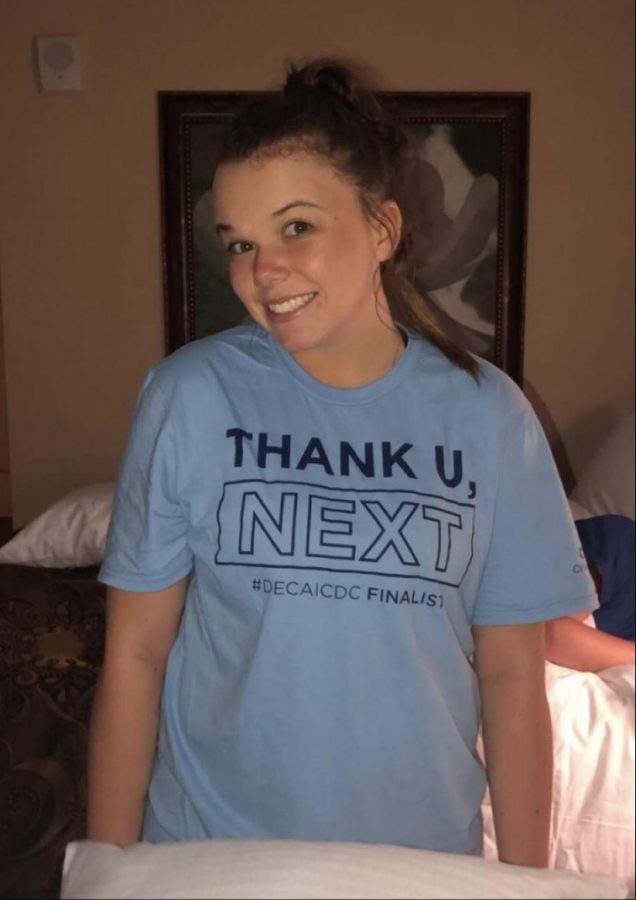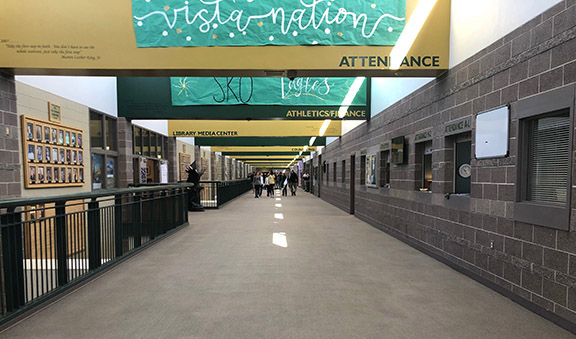A few students from Spoken Word Club came to school early on a Tuesday when everyone else took the day off. They performed some pieces for a staff development class. Each piece related to a subject area in order to illustrate how you can incorporate poetry into the classroom. One powerful poem, by freshman Brayden Tuers, was in relation to the Second Amendment.
Q: Why did you join Spoken Word Club this year?
A: I joined Spoken Word because I’m in a creative writing class, and I have learned that I have a passion for it. Poetry isn’t specialized enough in lower grades, so I didn’t know I had a passion for it until I joined Spoken Word.
Q: Do you get nervous before performing?
A: Yes. I was extremely nervous before I just performed. I always get nervous, but once you get up there in the spotlight it’s alright. Sometimes what I do is talk to the audience and explain my piece. That helps to diffuse some confusion or anything, so yeah, you’re always going to be nervous regardless of who you are. I wouldn’t say anyone is not nervous, but some people deal with it better, and once you’re up there, it’s so much easier.
Q: Do you think being nervous helps you perform?
A: Yeah, definitely. Sometimes when you get nervous and you’re jittery, people cry, especially if it’s an emotional piece, they will cry during their piece. Although, obviously it’s sad, it gives it that much more of a developed emotional aspect, and the performance is 100 times better.
Q: Did you choose your topic?
A: I chose this topic. I actually chose this for another assignment, but [Jason] Fisher liked it and it connected to social studies, so he let me use it here. Fisher always lets us pick our own topic because when we connect with the topic, and we want the topic and feel with it, it will be more powerful than when we’re just given some topic.
Q: Why do you love poetry and who is your favorite poet?
A: I love poetry because it is almost therapeutic. It is a way of talking out your feeling, but not only expressing your feelings but what is important to you. The fact that other people are listening is why I like spoken word so much not just regular poetry, like in a book. The idea of other people listening and hearing what you have to say about what is important to you is just so powerful. Regardless if you like poetry or not, you will always come out of a poetry reading feeling good. My favorite poet is Edgar Allan Poe, which I know is a little mediocre, but I love his pieces.
Q: Do you think the performing aspect of spoken word adds an additional element?
A: Definitely. As I said, when you’re reading poetry, regardless it can be powerful, but with spoken word, your poem is supposed to make sense, and the audience should leave knowing what you said, what is important to you and the main idea of your piece. Sometimes interpretation, like in Edgar Allen Poe is important and powerful, but it is so much more powerful to hear it from someone else and to hear the empathy in their voice. When I read Edgar Allan Poe’s books, obviously I can’t hear him. I can tell it is emotional, but I can’t hear his voice which would be so much more powerful.
Knock Knock
by: Brayden Tuers
Knock Knock,
Who’s there?
Your son’s been shot,
Better speak a prayer.
Bullet lodged right in his chest.
When, you ask?
While studying for a
Physics test.
Knock, Knock,
Who’s there?
It’s your daughter.
The one that had to bear
Witness of a slaughter
In the home away from her house.
Praying blood would not
Stain her favorite pink blouse.
The school she spends hours
A day in, learning how to keep quiet
When the teacher’s talking,
Or a shooter is stalking.
Knock Knock,
Who’s there?
Your guns were thieved.
By your very own son, he shot 13.
Fortunately for you,
The only things stolen
Were weapons and innocent lives,
And not your
Second amendment right.
You dodged a bullet there,
But for thirteen
Parent’s babies,
It wasn’t quite as fair.
Knock Knock,
Who’s there?
It’s your child and,
School isn’t being ever so mild.
Mommy I’m scared,
This isn’t fair,
Oh how I pray that I’m spared.
Please keep me guarded,
I couldn’t bear to be scared.
Not in my safe learning environment.
Too safe to see a girl’s
Disruptive shoulders,
Or heaven forbid too thin of straps,
Though not quite enough
To keep from being capped.
Where’re my rights?
The right to learn and return from it.
The right of academics without
Brood of mass-murder epidemics.
If you value an object of mass destruction
And a 250-year-old instruction
More than you do your child’s life,
Reconsider what you call a right.

